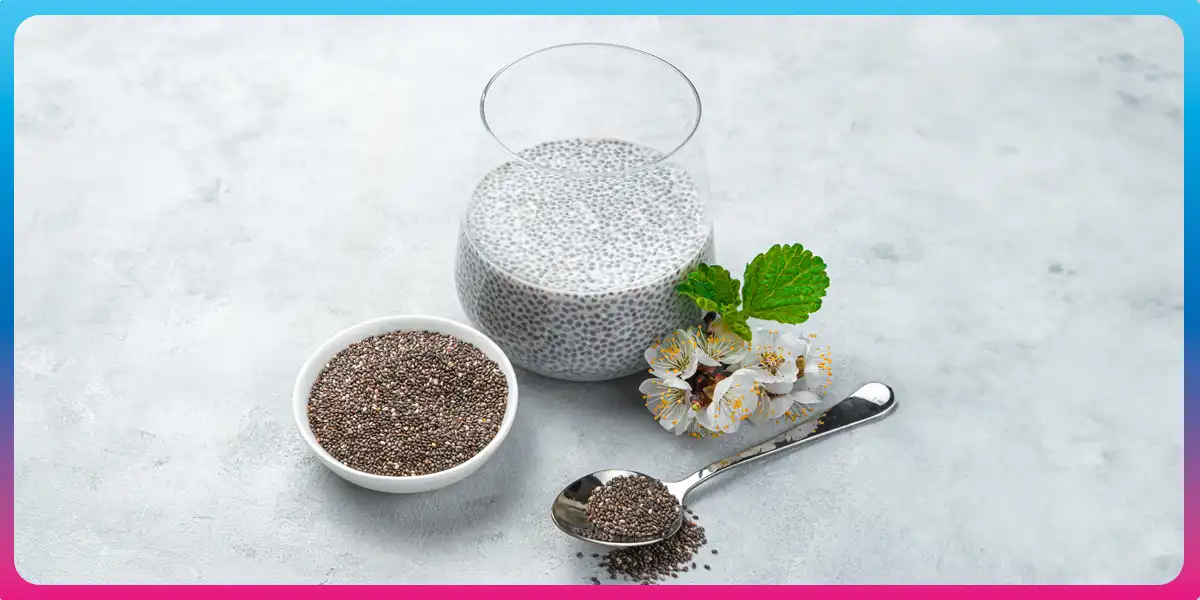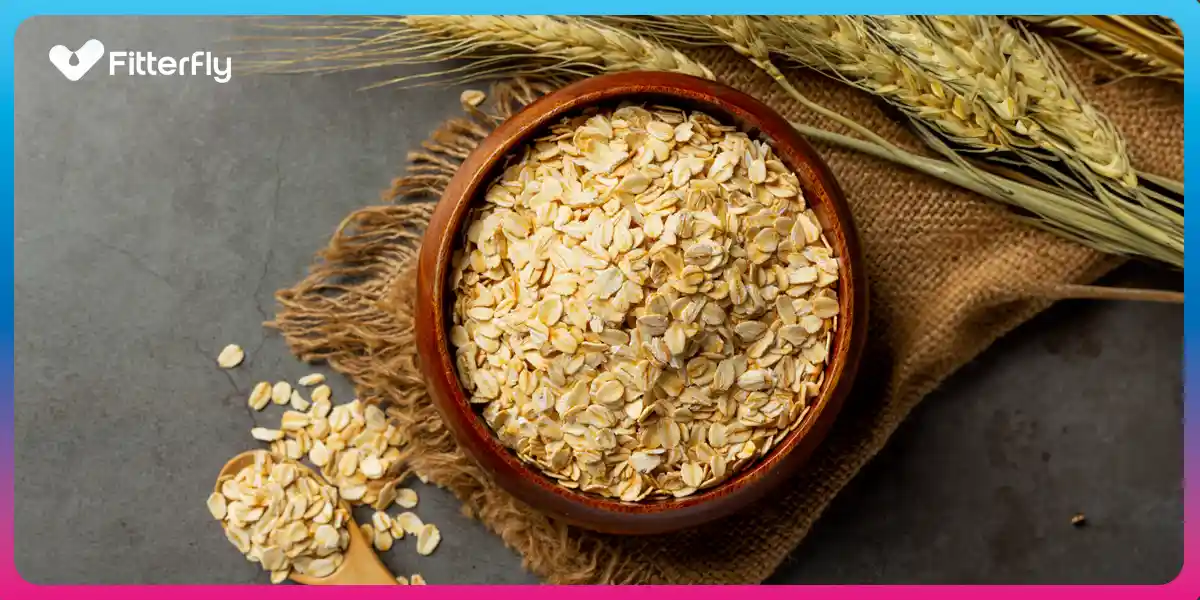Are Cholesterol and Diabetes Interrelated?

People with type 2 diabetes are often asked to monitor their blood cholesterol levels and keep them in check. Have you ever wondered why?
Is there a correlation between the two D’s – diabetes and dyslipidemia (deranged cholesterol levels)?
Let’s find out how cholesterol and diabetes are related in this informative blog!
What is Dyslipidaemia?
Fat (lipid) levels are often monitored in people with diabetes. There are different types of cholesterol in the blood- HDL or good cholesterol, LDL or bad cholesterol, triglycerides, and VLDL (very low-density lipoprotein, etc).
When the lipid levels in the blood become deranged, i.e., bad cholesterol (LDL) and triglycerides (a type of fat found in the blood) increase and good cholesterol (HDL) reduces, it is called dyslipidaemia.
Several Factors can contribute to the Development of Dyslipidaemia, such as
- Unhealthy diet
- Weight gain
- Lack of exercise
- Smoking
- Alcohol
- Family history
Since these causative factors are common to type 2 diabetes as well, there may be a direct link between cholesterol levels and diabetes.
Infact, dyslipidemia is very common in people with type 2 diabetes.
Are Blood Cholesterol and Dietary Cholesterol Different?
Before understanding how cholesterol and diabetes are related, we must distinguish between blood and dietary cholesterol. Cholesterol is a waxy, fat-like substance found in body cells.
To answer the question- Yes, dietary and blood cholesterol are different.
- Dietary cholesterol is found in food, especially animal-based foods and baked goods made with eggs, butter, or cream.
- Blood cholesterol is found in the blood, comprising good and bad cholesterol, triglycerides etc. and is produced by the liver.
Too much bad cholesterol (LDL) combines with other substances in the blood and sticks to the walls of the blood vessels (arteries).
This results in plaque formation, narrowing the arteries and increasing the risk for heart problems.
What is Diabetic Dyslipidaemia?
Diabetic dyslipidaemia is a condition in which fasting and post-prandial triglycerides and bad cholesterol rise while good cholesterol falls. These lipid changes increase the risk of heart problems in people with type 2 diabetes.
To know your chances of Diabetes reversal, take the Diabetes Reversal TestDiabetes Reversal
Calculator
How to Manage Diabetic Dyslipidaemia?
Lifestyle modifications and maintaining glucose control within the normal range help improve lipid profile in people with type 2 diabetes.
Here are some lifestyle modifications that can help manage diabetic dyslipidaemia:
1. Weight loss
Weight gain, especially around the abdomen, is a significant contributing factor to both type 2 diabetes and increased blood cholesterol levels. It has been found that losing weight:
- Improves insulin sensitivity
- Helps manage blood sugar levels
- Corrects dyslipidaemia in the body
2. Dietary management
Since we have to control cholesterol and diabetes, the most important aspect of diet management is reducing the consumption of carbohydrates and saturated fats (unhealthy dietary fats).
Foods to lower sugar and cholesterol can be included in your diet to keep your blood sugar and blood cholesterol levels under check are:
- Omega-3-rich foods: Fish like herring, salmon, sardines, and mackerel are excellent sources of omega-3. Vegetarian and vegan sources of omega-3 fats include walnuts, linseeds, chia seeds, and rapeseed or flaxseed oil.
- Nuts: Walnuts, almonds, and cashews are good sources of unsaturated fats, plant sterols, and stanols.
- Soluble fats: Present in vegetables, fruits and whole grains
Strictly avoid fried and baked food items as they are loaded with saturated fats, significantly contributing to increased bad cholesterol and blood sugar levels.
3. Regular physical exercise
Be regular with physical exercises.
If necessary, get help from a professional trainer to set up a regulated workout routine. Stick to it with discipline.
Managing diabetes and associated risks, like a rise in blood cholesterol, requires a comprehensive approach that combines medical and lifestyle management.
If you have been diagnosed with type 2 diabetes, it is always recommended that you get your blood cholesterol levels checked regularly by your doctor and work with them to keep them within the optimum range.
4. Medical Management of Deranged Lipid Levels
While lifestyle modifications form the backbone of managing high cholesterol and type 2 diabetes, you may need to take cholesterol-lowering medications like statins, fibrates, etc., prescribed by your doctor to keep your blood cholesterol levels within the normal range.
Statins are a group of lipid-lowering drugs that are often prescribed to people with type 2 diabetes to reduce their risk for heart conditions.
Key Takeaway!
At Fitterfly, we help you manage your health conditions with expert-designed, clinically validated programs that work on your diet, exercise, stress, sleep, and pain. We also provide psychological intervention for healthy habit formation to ensure you can sustain your progress.
If you need help managing your blood sugar and cholesterol levels or achieving weight loss, call us at weight loss 08046807733, and we will respond as soon as possible.
Reduced HbA1c by HALF in 6 months


6.6%
Happy members
EMI
Guarantee
4.8/5
Diabetes Prime Program
This blog provides general information for educational and informational purposes only and shouldn't be seen as professional advice.
Frequently Asked Questions
How does diabetes affect cholesterol?
Both cholesterol and diabetes are metabolic disorders caused by insulin resistance. According to the American Heart Association, diabetes can cause called diabetic dyslipidemia.This is a condition marked by an elevated level of triglycerides and a reduced HDL level. By taking care of your metabolic health, you can keep your blood sugar levels as well as cholesterol in check.
What are some foods to avoid with high cholesterol and diabetes?
To keep your blood sugar levels and cholesterol in check, some foods to avoid are refined carbs such as white bread, white pasta, and many baked goods, and processed sugars such as candy bars, chocolates, etc.It’s important to have balanced meals with simple carbs, protein, good fats, and lots of phytonutrients.
What is the best way to lower blood sugar and cholesterol?
he best way to lower blood sugar levels and cholesterol is to follow lifestyle modifications under your doctor’s guidance. These include: Eating a healthy diet, Exercising regularly, Getting a good night’s sleep, Keeping your stress levels to a minimum
Are there any foods to lower sugar and cholesterol
There are many foods to lower sugar and cholesterol levels. Some of these include: Foods rich in omega-3 include different types of fish (herring, mackerel, sardines, etc.), nuts, and seeds(chia seeds, flax seeds, walnuts, etc.), Fresh vegetables and fruits, Whole grains
How does cholesterol affect diabetes?
Clinical studies have shown that diabetes reduces good cholesterol and increases bad cholesterol. At the same time, cholesterol can affect how the body eliminates excess glucose, resulting in high blood sugar levels and, eventually, diabetes.
What are the 5 signs of high cholesterol?
High cholesterol levels in the blood usually do not cause any symptoms. However, when the cholesterol begins to get deposited in the blood vessels (arteries), it may cause the following symptoms that require immediate medical assistance: 1) Yellowish patches on the skin, 2) Weakness and fatigue, 3) Breathlessness, 4) High blood pressure, 5) Angina





















